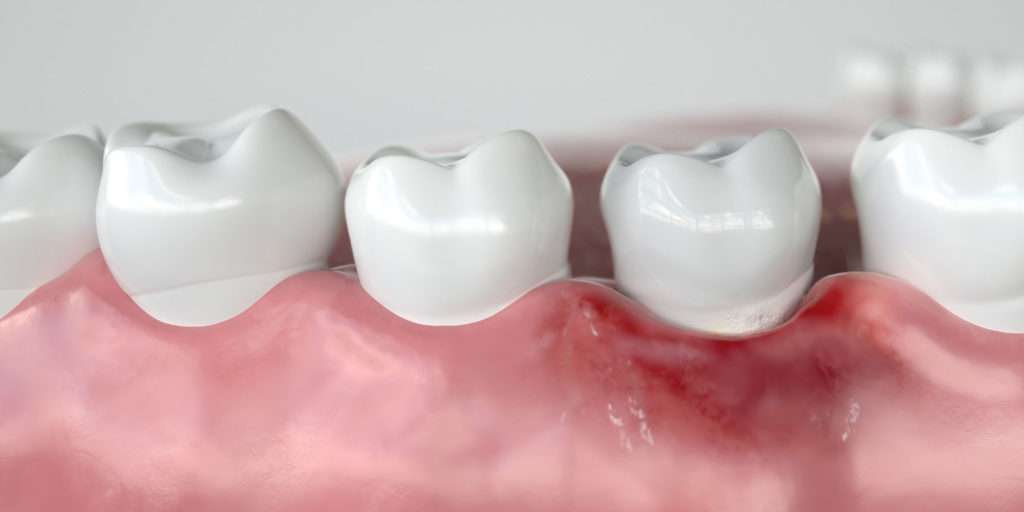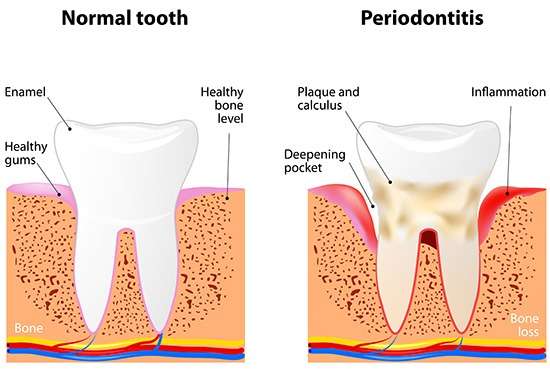Looking for Gums Disease Treatment. Do you know that healthy gums are the foundation of a beautiful and functional smile? However, gum disease, also known as periodontal disease, is a common problem affecting millions worldwide. If you’re experiencing symptoms like bleeding gums, redness, swelling, or bad breath, seeking professional dental care is crucial.
At Jain Dental Hospital, Indirapuram, Ghaziabad. we offer comprehensive and personalized gums disease treatment options to address gum disease in all stages. Our experienced and gentle dentists are dedicated to restoring your gum health and preventing further complications. We utilize advanced technology and techniques to diagnose and treat gum disease effectively while prioritizing your comfort and well-being throughout the treatment process.


